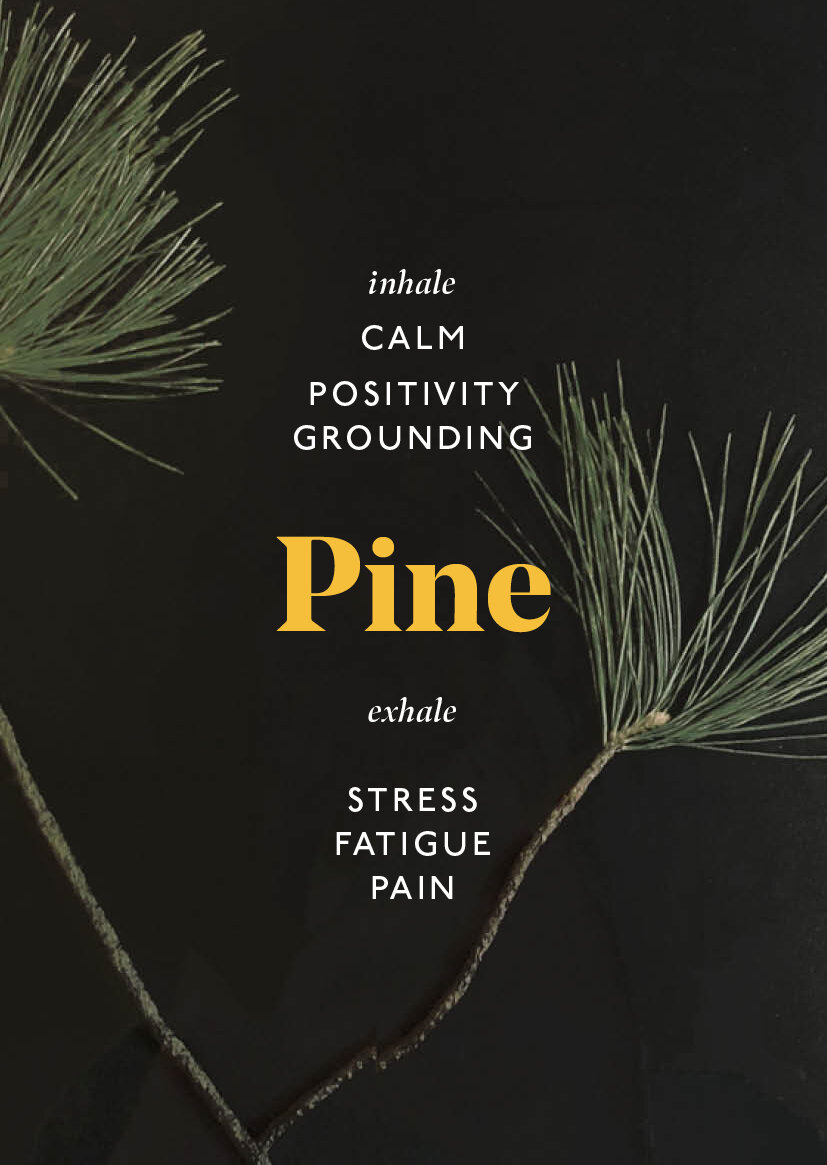Shinrin-Yoku: Forest Bathing
Go to the forest.
Walk slowly. Breathe.
Open all your senses.
This is the healing practice of forest bathing —the medicine of simply being among the trees.
For centuries, people across cultures have known that time spent in nature—and especially among trees in a forest—has a soothing effect. The quiet presence of trees, the scent of leaves and earth, the play of light through branches — all of it speaks to something deep within us that brings a sense of calm, clarity, and renewal.
Yet it is only in the past decade or so that consistent scientific findings have reinforced the idea of it as a form of preventive medicine. The idea is simple: if a person visits a natural area and walks in a relaxed way, calming, rejuvenating, and restorative benefits can be experienced.
In Japan, this knowing has become a recognised practice called Shinrin-yoku, or “forest bathing” — the art of simply being among the trees. What was once an intuitive human truth is now supported by a growing body of scientific research, showing measurable benefits for body and mind: reduced stress, lower blood pressure, strengthened immunity, and an increased sense of well-being.
Shinrin-yoku means “taking in the forest atmosphere,” or “forest bathing.” The practice was developed in Japan during the 1980s and has since become a cornerstone of preventive healthcare and healing in Japanese medicine.
Researchers in Japan and South Korea have established a strong body of scientific evidence on the health benefits of spending time beneath the canopy of a living forest. Their findings are now helping to spread the practice of Shinrin-yoku and forest therapy across the world.
Their findings has shown increased mental well-being, a strengthened immune system, and reduced stress levels, heart rate, and blood pressure. These effects arise not only from the calm atmosphere and gentle movement, but also from the subtle interactions with the trees—their living presence and the air they share with us.
Modern research has found that after a forest-bathing trip, people had a significantly higher number of so-called natural killer (NK) cells — a type of lymphocyte that strengthens the immune system’s defences against viruses and cancers. Remarkably, this effect lasted for up to seven days after the experience. Further studies revealed that the immune boost was, at least in part, a result of exposure to phytoncides — natural compounds released by plants and trees.
Professor Yoshifumi Miyazaki, at the Centre for Environment, Health and Field Sciences at Chiba University in Japan, has measured these benefits directly in his research. His findings include an increase in NK cells, known to fight tumours and infection, lowered blood pressure, greater relaxation, reduced stress, and an overall sense of well-being — effects observed after as little as fifteen minutes in the forest.
“It is not just the forest that can have a beneficial effect on our well-being,” Professor Miyazaki says. “Other natural stimuli—such as parks, flowers, gardening, and even pieces of wood—have been shown to reduce stress, making it accessible to all of us, even those living in cities.”
The medicine of the forest is far more than a contemporary wellness trend. People have lived among forests since ancient times. Nature is in our blood. It is in our bones. It is in our very spirit. Forest bathing is about remembering something we have always known but forgotten in our fast-paced modern lives. The wilderness is not only a source of health and healing — it is part of who we are.
To walk slowly, breathe deeply, and open all your senses in the forest is to remember what our bodies never forgot — that nature is our first home, our ancient companion, and an enduring source of healing in the modern world.
“It is clear that our human body still recognises nature as our home, which is important to consider as an increasing number of people are living in cities and urban environments.”
Read more about Shirin-yoku and the many health benefits on www.shinrin-yoku.org
The Scent of Pine
For a quick sensorial forest experience in your own home, try putting pine or cedar oil in a diffuser or simply inhale the scent. Essential oils travel directly through your brain to the limbic system for instant calm and grounding.





